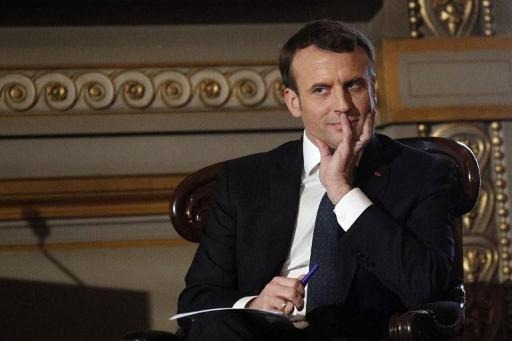The Loi Macron, passed in 2015 when Emmanuel Macron was still Minister for the Economy, is exerting pressure on Belgian companies. Businesses in West Flanders are in particular affected by the law. It is happening by the imposition of additional formalities upon such companies, when they wish to undertake work in France. The Chamber of Commerce and Industry (Voka) of West Flanders raised the concerns of its members at its New Year Reception raised.
The law was intended to fight against social dumping and unfair competition of workers coming from Eastern Europe and southern European countries. The regional organisation says that it also has consequences on Belgian businesses working regularly in France.
The Loi Macron anticipates that all workers, working for even one day in France, must be reported to the French authorities. This results in a significant business cost for companies. Moreover, a number of employers, who are misinformed of the rules, commit errors, thereby suffering the imposition of fines. These can go up to €2,000 per worker.
In this context, the Chamber of Commerce and Industry is arguing that companies located on the French-Belgian border should be exempt from the application of this legislation. To make its voice heard, the Flemish employers’ organisation has addressed the department of the Minister for Employment, Kris Peeters, and that of the EU Commissioner, Marianne Thyssen (CD&V). Discussions have also taken place with the Belgian Ambassador in Paris.
Jolyce Demely, the International Trade Advisor at the Chamber of Commerce and Industry, stated, “This law is both perverse and disproportionate. We wholly support initiatives against social dumping, but not at this price and not if it harms our business people.” The Loi Macron is due to be modified in March. The Chamber of Commerce and Industry indicated that border companies should then be released from given obligations. It is following the matter closely.
The Brussels Times

